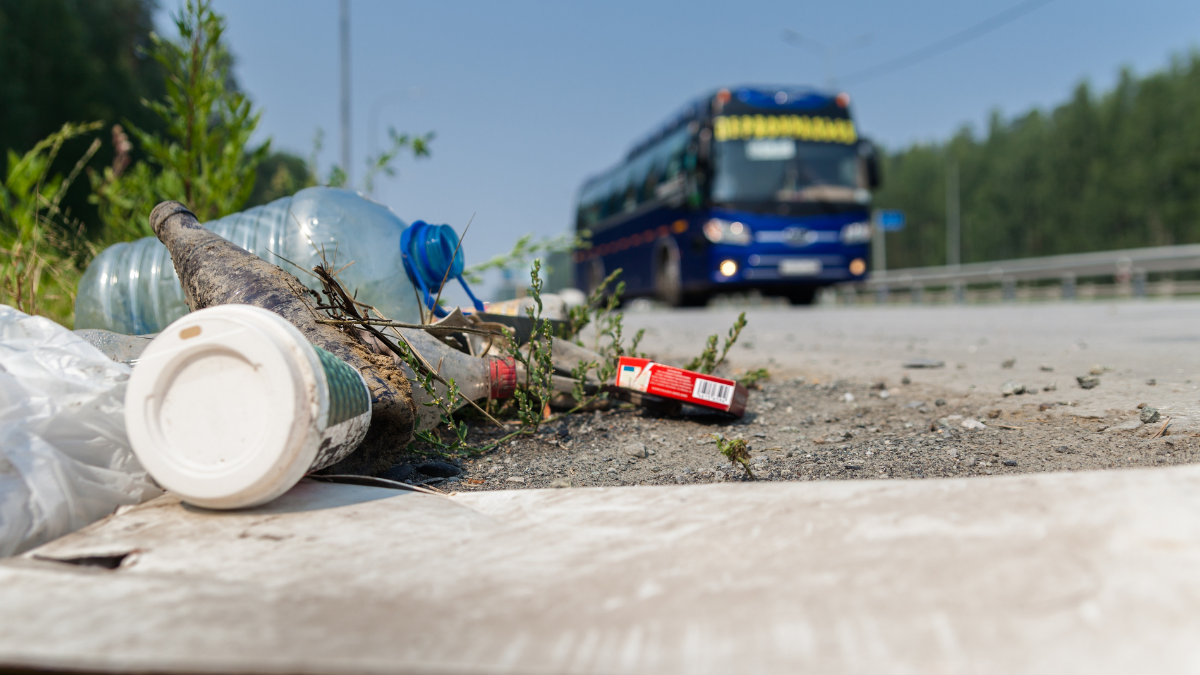The Department of Environmental Protection (DEP) is accepting volunteers for the state’s spring highway cleanup later this month.
The Adopt-A-Highway litter cleanup program is scheduled for April 29. It’s open to individuals and families, as well as churches, businesses, schools and civic organizations.
It’s organized by the DEP’s Rehabilitation and Environmental Action Plan (REAP) to “save taxpayers money by increasing public awareness and to serve as an educational tool by focusing on the consequences which result when littering is allowed to continue unchecked,” according to the program’s web page.
Volunteers can sign up to help pick up trash on any state-maintained road, back road or main route. The program will provide garbage bags, work gloves and safety vests and will dispose of all trash collected by volunteers.
Last year, 2,700 individual volunteers signed up for the spring cleanup, with 68,350 pounds of litter removed from state roads.
Groups can register by calling 1-800-322-5530 or emailing dep.aah@wv.gov by April 21. If a voicemail is reached, REAP tells volunteers to leave their name, phone number, group name, date of cleanup, number of participants and the county in which the road is located.
Individuals must be 12 years old or older to volunteer.
